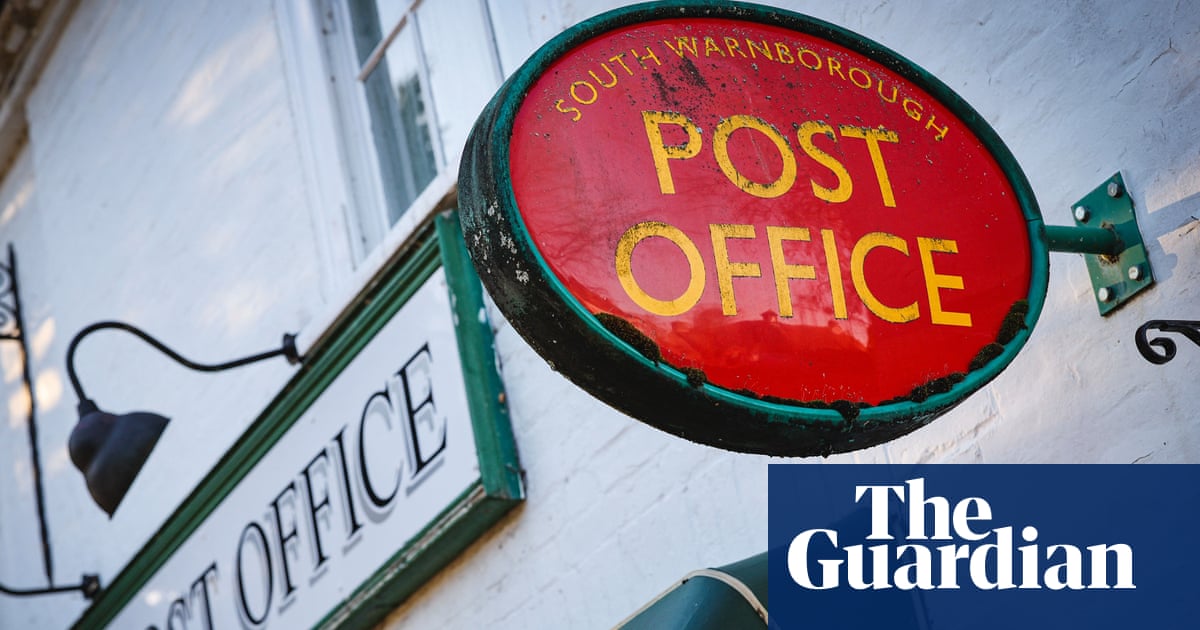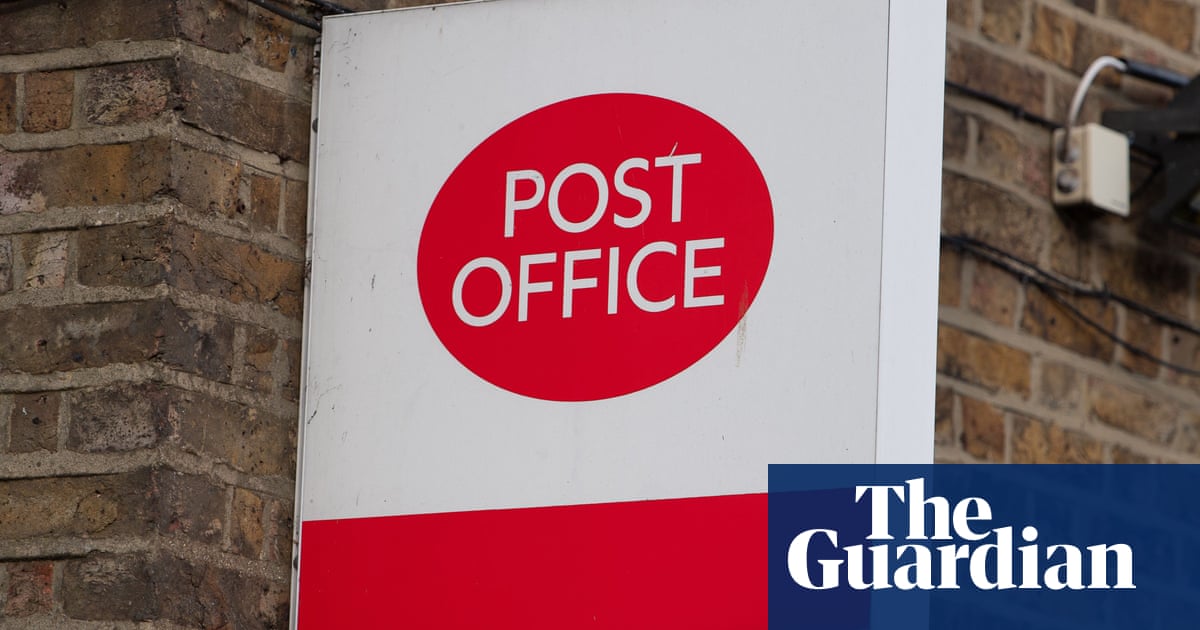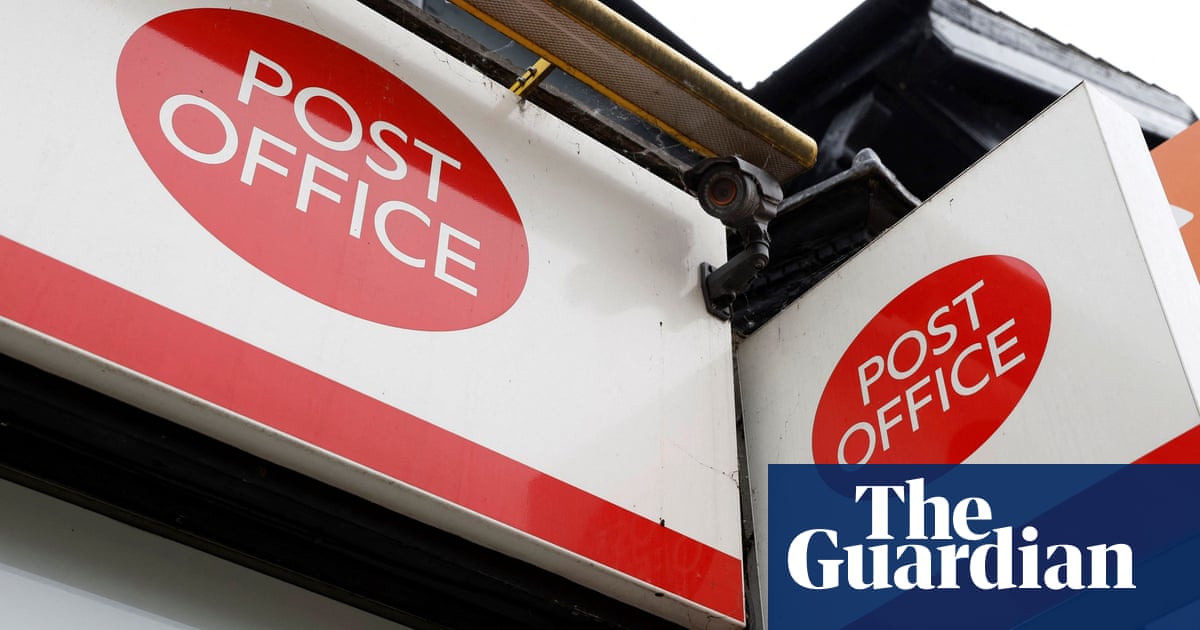
Progress in the public inquiry into the Horizon IT scandal has been repeatedly halted by obstacles, many of them put in place by the Post Office itself.
The company, which is wholly owned by the state and thus the British taxpayer, has been accused of trying to slow down or frustrate attempts to piece together its part in what has been described by the prime minister himself as one of the greatest miscarriages of justice in British history.
On Friday, the inquiry will examine this very issue, at a hearing that will take aim at “deep rooted” problems with the Post Office’s disclosure.
Chris Jackson, a partner at the organisation’s law firm, Burges Salmon, is slated to give evidence.
Here are some of the ways the Post Office has appeared to pull the shutters down to protect itself.
Lost emails
Late last year, testimony from two key witnesses in the Post Office inquiry had to be postponed at the 11th hour.
The company admitted that its auditors had discovered 363,000 emails on an old mailing system that had not been used since 2012. A lawyer for the Post Office said at the time that it “deeply regretted” the delay and blamed, somewhat poignantly, technical faults.
Last-minute disclosures
As well as the loss of emails, Post Office lawyers also sent more than 421 documents to the inquiry on the Friday evening, meaning they had to be read over the weekend if the evidence session was due to go ahead.
A spokesperson for post office operators said some of them felt the Post Office was trying to control the proceedings with its attitude towards disclosure of documents, saying there “seemed to be a pattern”.
‘Glitch’ prevents document handover
One reason for such concern was the Post Office’s earlier shortcomings when it came to a legal process called disclosure, where it is obliged to search through its archives and deliver relevant documents to the public inquiry. In October 2022, lawyers acting for operators accused the Post Office of deploying “malevolent” tactics to frustrate justice over the failure to disclose 30,000 documents. The Post Office said this was accidental and the inquiry chair, Sir Wyn Williams, accepted there had been a “glitch”.
More last-ditch document discoveries
Less than a year later, in July 2023, evidence from Gareth Jenkins, an engineer at Fujitsu, the technology firm that built Horizon, was postponed. On the eve of the session, the Post Office said it had discovered 4,764 key documents that it had not shared in time for the evidence session.
This time, Williams was less understanding. He warned that future disclosure requests would be accompanied by the threat of criminal sanction for failure to comply.
However, evidence from Jenkins was again delayed in November, after the discovery of more than 3,000 documents.
‘A series of disclosure failings’
Speaking in November last year, the lead counsel for the inquiry, Jason Beer KC, listed a series of other ways in which the Post Office’s disclosure had been inadequate.
He referred to hard copy documents “found in new Post Office locations” and the use “or misuse” of search terms during the disclosure exercise.
An exercise to remove duplicates of files had been done in an “improper” way, he said, while there had been a failure to consider “families” of grouped-together documents.
The company also failed in its transparency over emails, including disclosure of who had been blind copied (bcc’d) into messages.
Alleged deletion of documents
Concerns about disclosure that might affect the information available to the inquiry stretch much further back.
In 2013, the inquiry has heard, Post Office staff were told that typed minutes of internal discussions about the Horizon scandal – part of an exercise designed to monitor progress in investigating it – should be “scrapped”.
The same issue was raised during a civil action against the Post Office by post office operators in 2021.
The court heard that a Post Office legal adviser wrote: “An instruction was then given that those emails and minutes should be, and have been, destroyed. The word ‘shredded’ was conveyed to me. Handwritten minutes were not to be typed and should be forwarded to the Post Office’s head of security.”
The Post Office was told that any destruction of documents could have constituted a “conspiracy to pervert the course of justice”.
Accusing a judge of bias
Allegations of obstruction also emerged during post office operators’ battle for compensation.
In March 2019, a lawsuit that pitted the Post Office against hundreds of former branch operators, including the celebrated campaigner Alan Bates, was suspended. The reason was a request by the Post Office that the judge, Mr Justice Peter Fraser, be recused from the case.
In a judgment on a previous trial related to the scandal, Fraser had accused the Post Office of displaying “oppressive behaviour” towards former branch operators, known as subpostmasters. The Post Office said this comment indicated that the judge had already made his mind up on issues yet to come to trial.
The attempt failed and the court of appeal gave the application short shrift, ruling that the recusal request “never had any substance” and had been rightly rejected.
A Post Office spokesperson said: “We fully share the public inquiry’s aims to get to the truth of what happened in the past and accountability. We have absolutely no interest in delay – those affected need answers now, and today’s Post Office cannot fully move forwards until the past is addressed.
“Post Office’s disclosure for the inquiry is a huge exercise which is extremely challenging – it involves around 70 million documents and hundreds of physical and digital repositories.”












